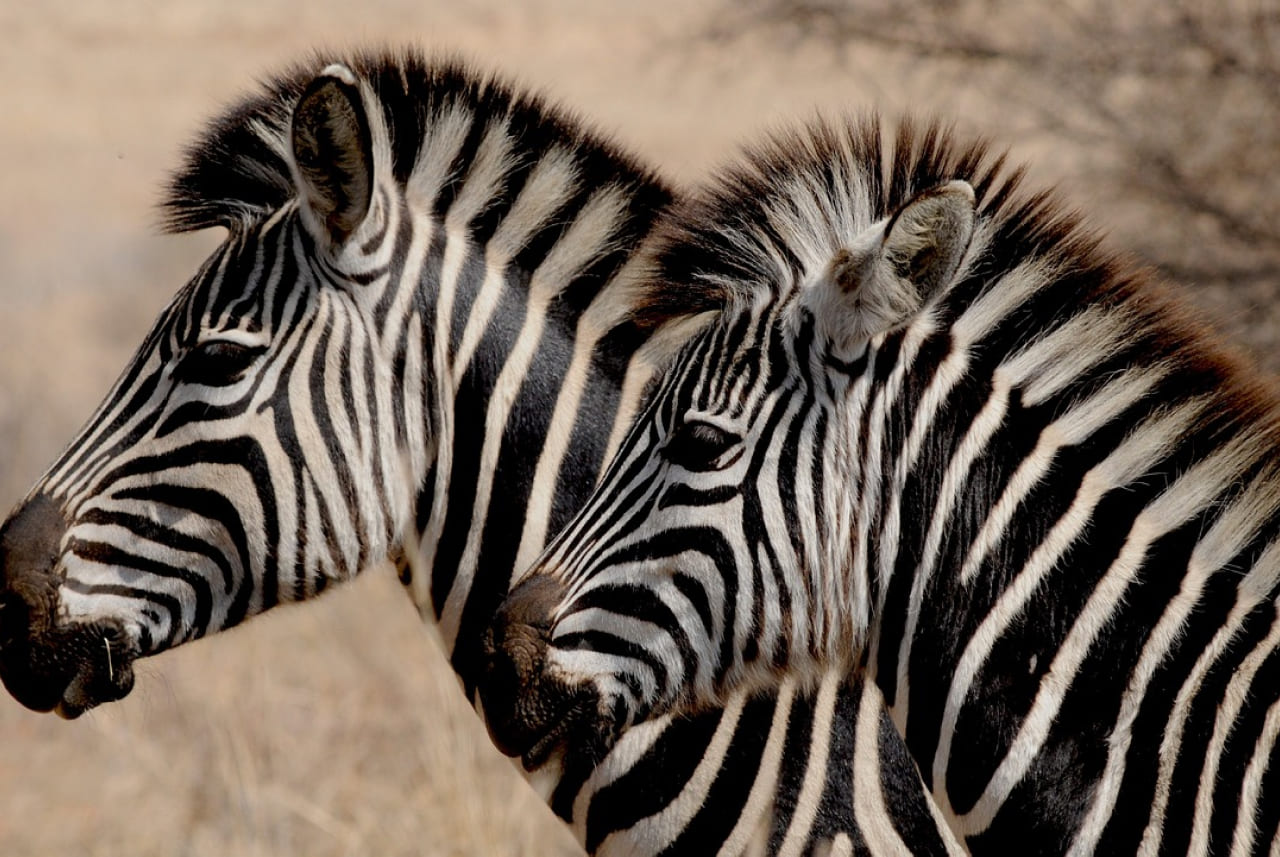
The Importance of Biodiversity in Zoos: Preserving Ecosystems in Captivity
Zoos are critical players in preserving biodiversity, which is essential for maintaining healthy ecosystems. By housing a wide range of species, from large predators to small invertebrates, zoos help ensure that the diversity of life on Earth is protected.
Biodiversity plays a vital role in ecosystem stability. Every species, no matter how small, contributes to the balance of nature. For example, predators control prey populations, pollinators support plant life, and decomposers break down organic matter. When species go extinct, it can disrupt these natural processes, leading to ecosystem collapse. Zoos help prevent this by breeding and caring for a variety of species, particularly those that are at risk of extinction.
Furthermore, many zoos focus on replicating entire ecosystems within their enclosures, providing a glimpse of how animals interact in the wild. This approach helps raise awareness of the importance of preserving entire habitats, not just individual species. By understanding the interconnectedness of life, zoo visitors can better appreciate the complexity of nature and the need for comprehensive conservation efforts.
In conclusion, zoos play an essential role in protecting biodiversity and educating the public about the importance of preserving ecosystems. Their efforts to maintain diverse populations in captivity contribute to global conservation goals.